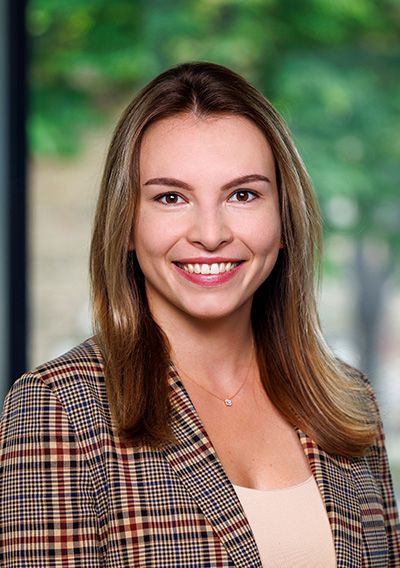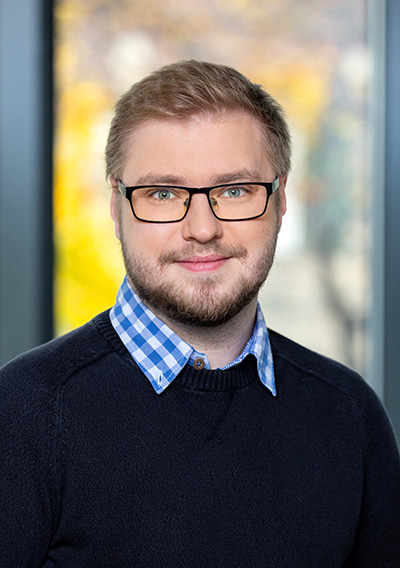Services
As a cross-program institution, the TLC is the first point of contact for all didactic questions and supports teaching staff, students and internal departments with a wide range of services, exchange, advice and further training opportunities.
The TLC’s main areas of responsibility are:
Further training in teaching and learning
E-Learning, support & infrastructure
Innovation & knowledge hub
Service areas
Competence Center for E-Learning
The Competence Centre for E-Learning is the contact for topics and questions relating to teaching in the digital age at FHWien der WKW. It supports lecturers in the development of future-proof learning programs and promotes the necessary skills acquisition.
Writing Center
The Writing Centre supports students (with self-study materials, workshops, consultations and peer-learning) in the academic writing process and offers further training opportunities for lecturers and supervisors to promote writing skills as part of the TLC further education program.
Best Practice Examples for Teaching at FHWien der WKW
„Learning by Doing“
by Niki Löwenstein
“Learning by doing” is at the heart of Niki Löwenstein’s lectures. Students simulate a newsroom and learn how to conduct, give and publish interviews in a variety of formats. The products are constantly improved and the individual development of the students is encouraged. You can see how this works in this video and access the results here.
SCRUM
Agile sprint learning in a team by Gloria Warmuth & Stefan Teufl
In the age of AI, new forms of teaching and learning are becoming increasingly important: in this example, SCRUM is used as a learning cycle for active team learning. Students learn how to implement a practical project and practice working in a team. The principles are presented and the implementation phases are explained. The video whets the appetite for SCRUM in the classroom.
Practical application & reflection tasks
by Marcus Linford
At the end of each unit, students are given practical application and reflection tasks to complete in a setting of their own choice. These are reflected on together at the beginning of the following unit. This creates a positive feedback culture and significantly increases participation.
News & Events
Team
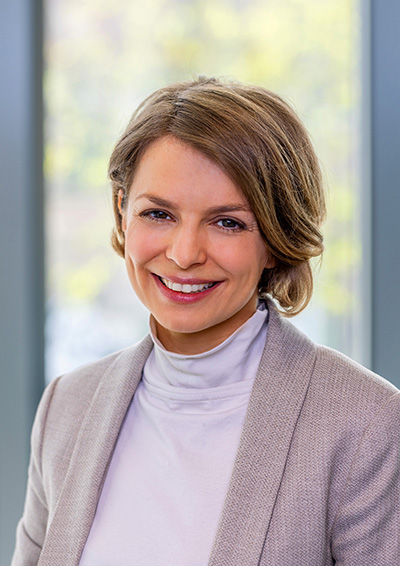
Mag.a Dr.in Silke Schwaiger
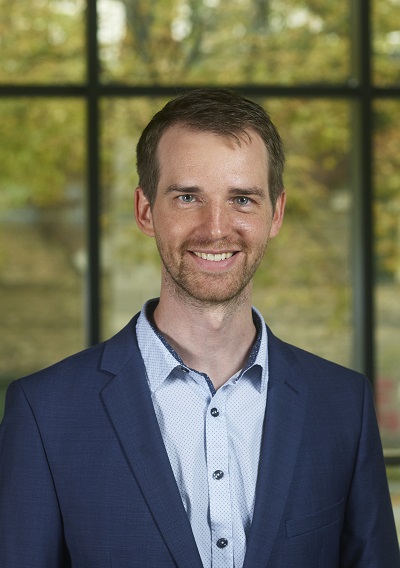
Tobias Schwarzbauer, Bakk.phil. BA
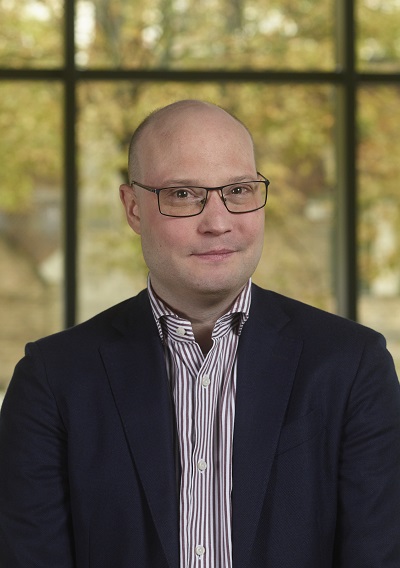
Wolfgang Ruge, M.A.
